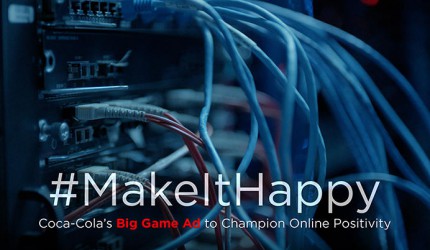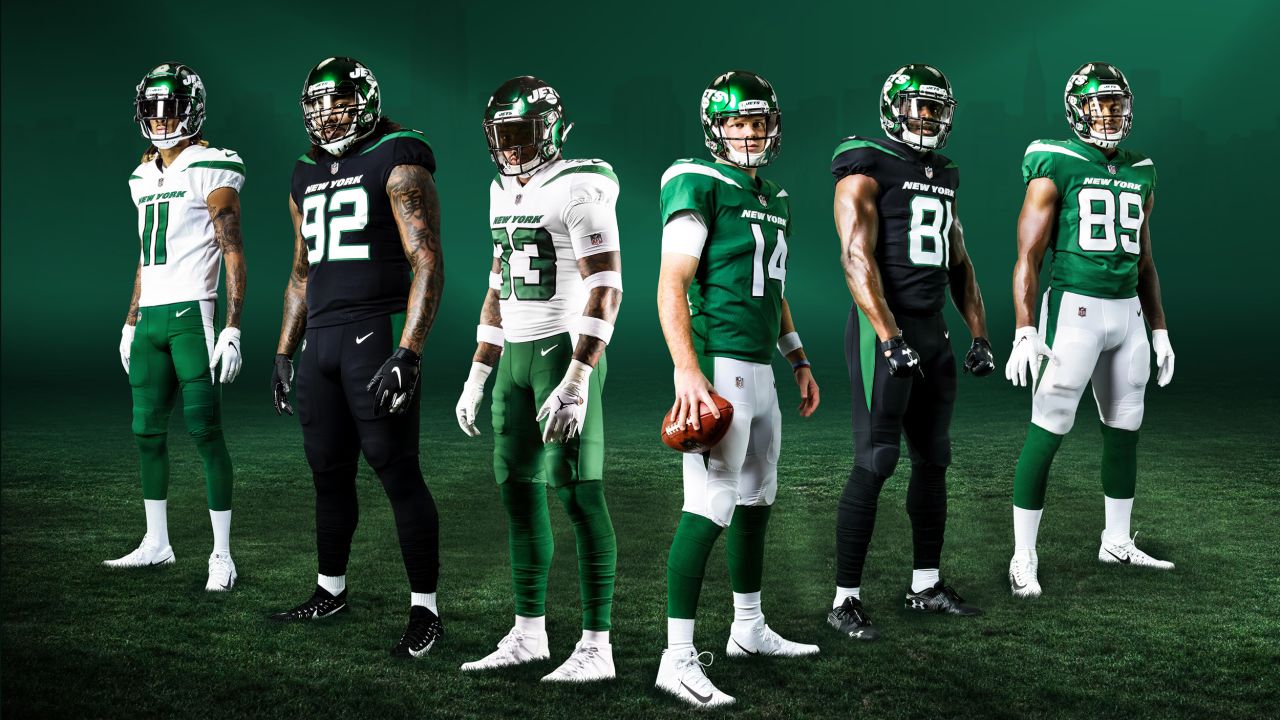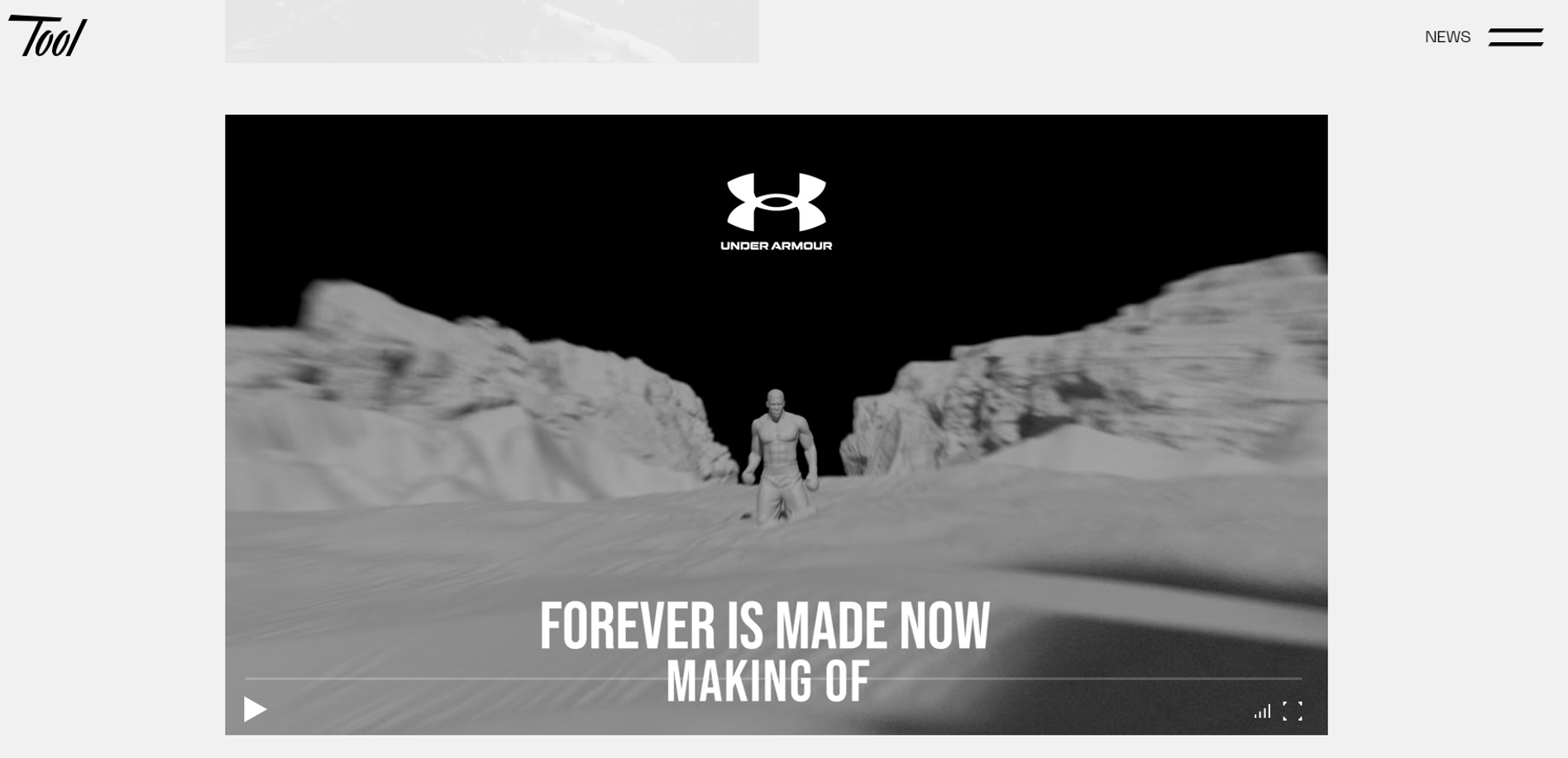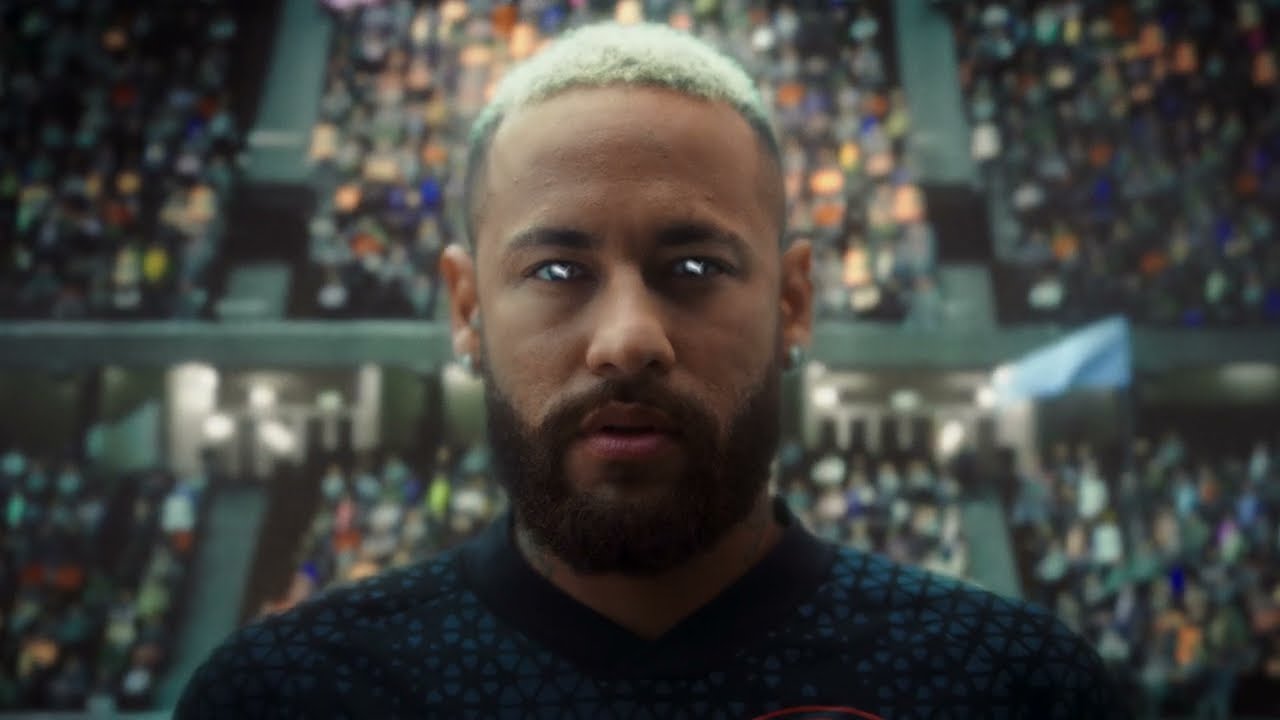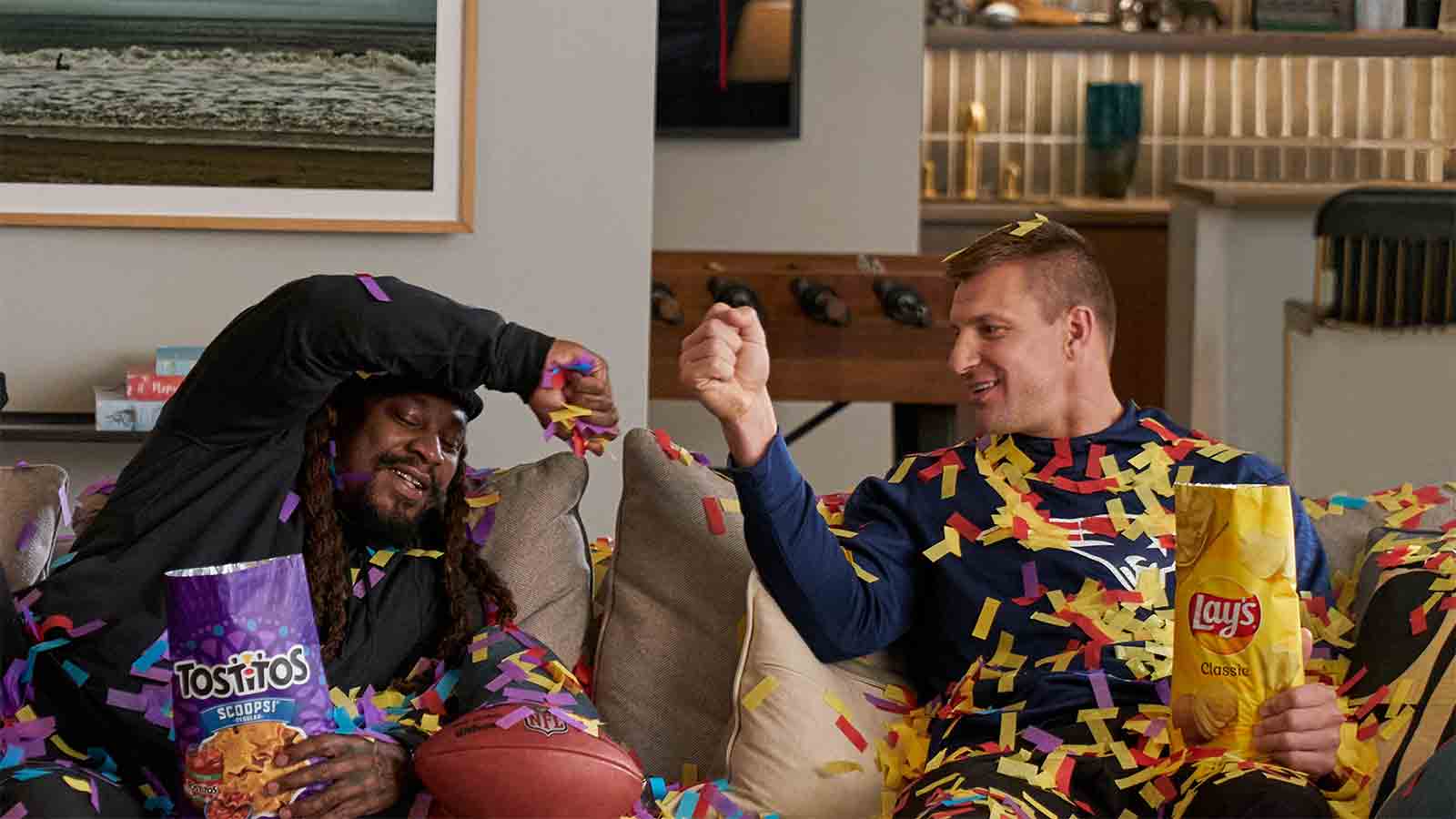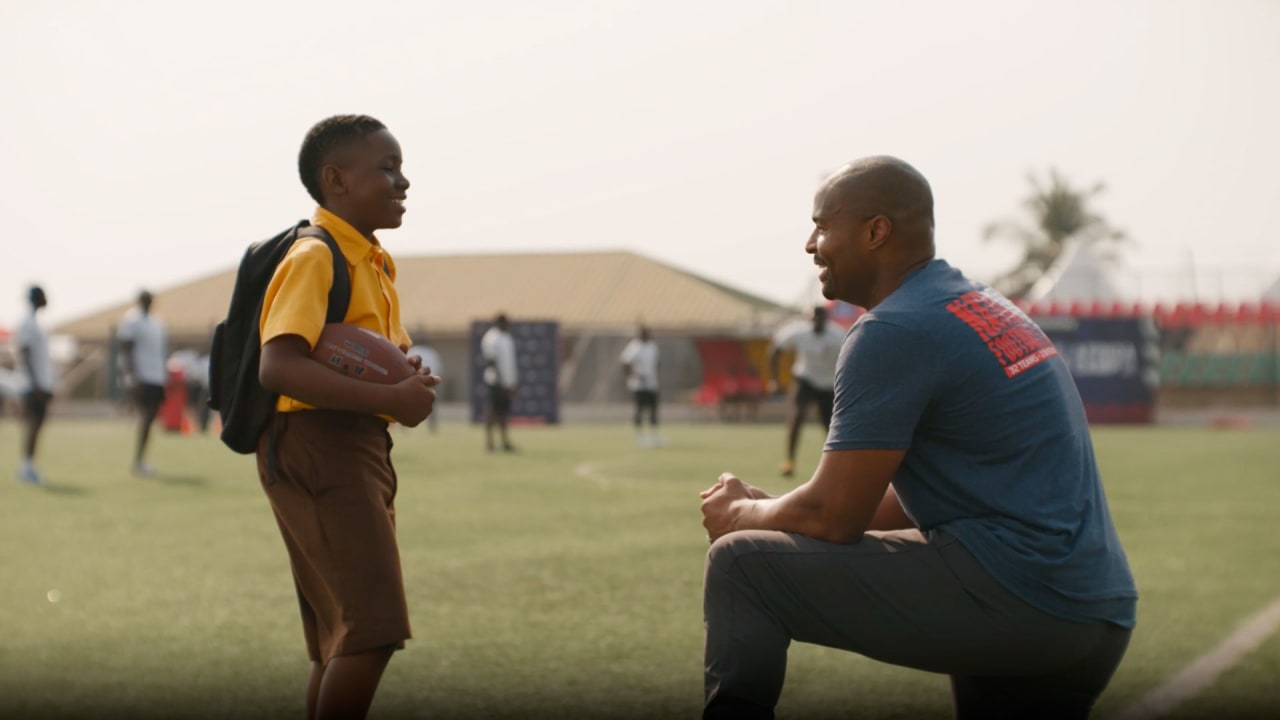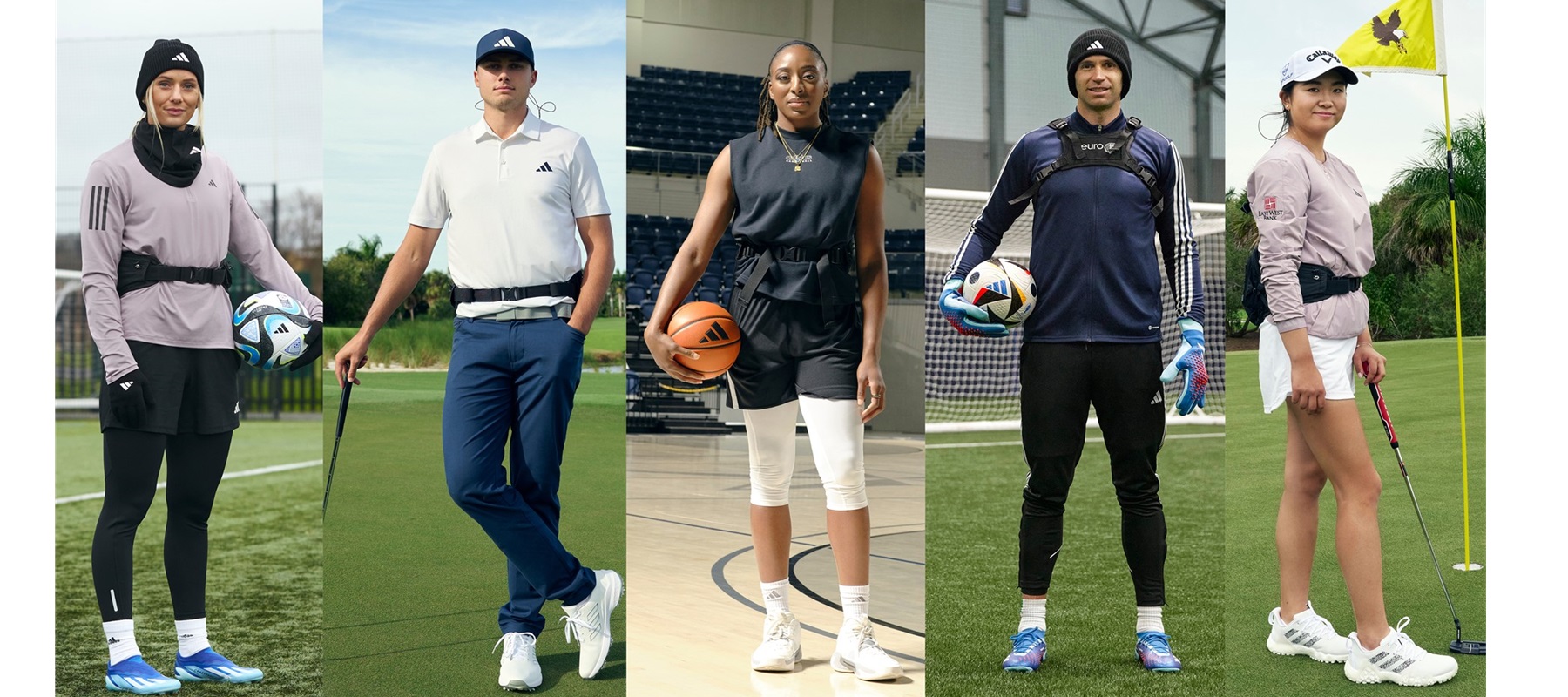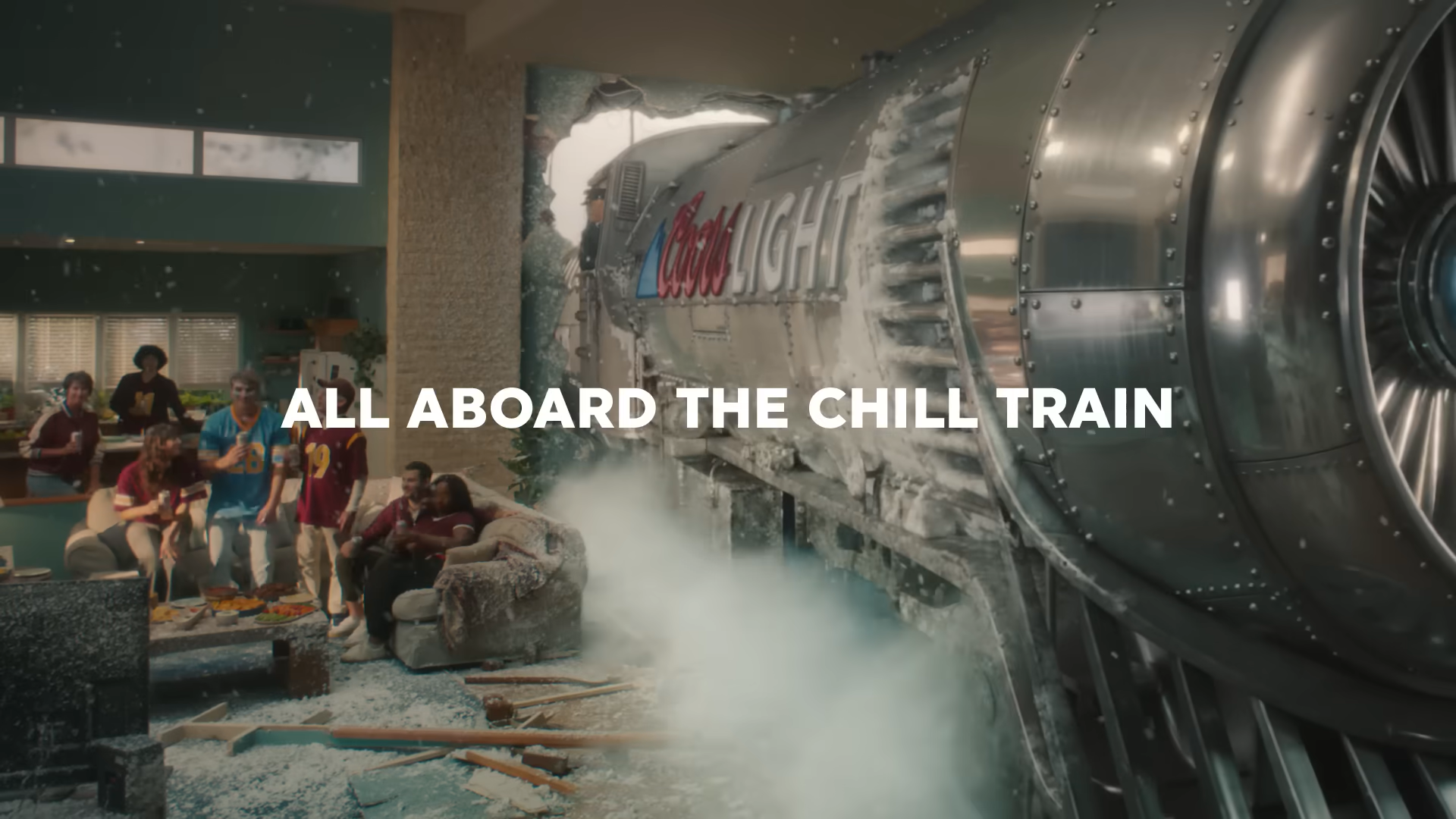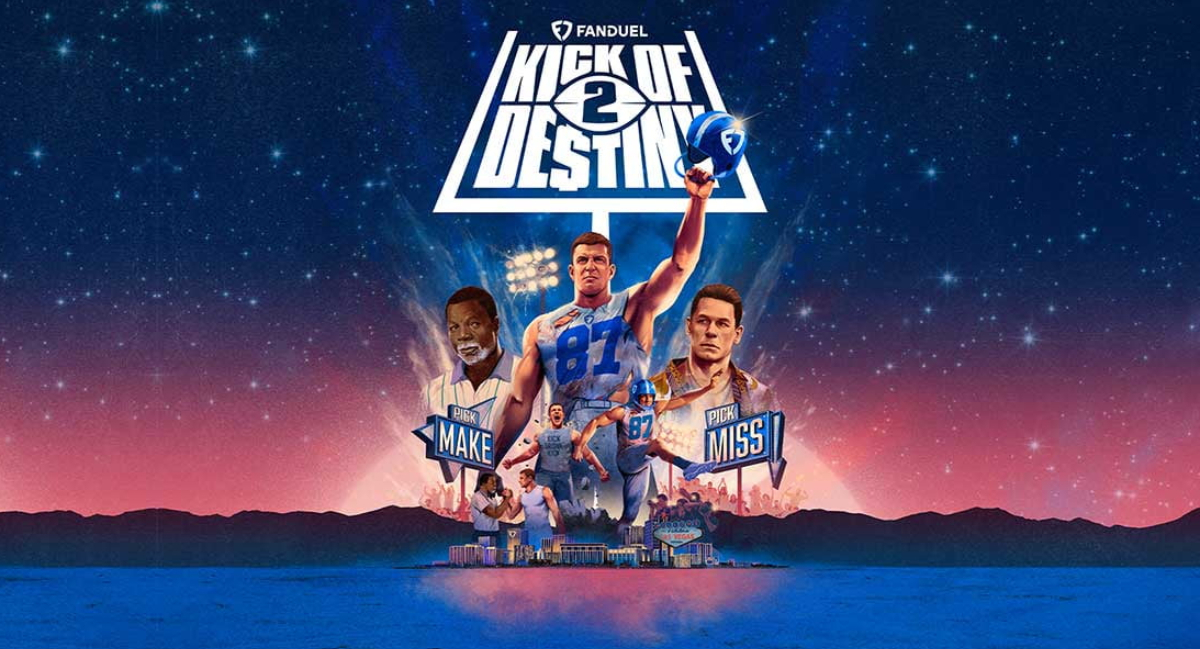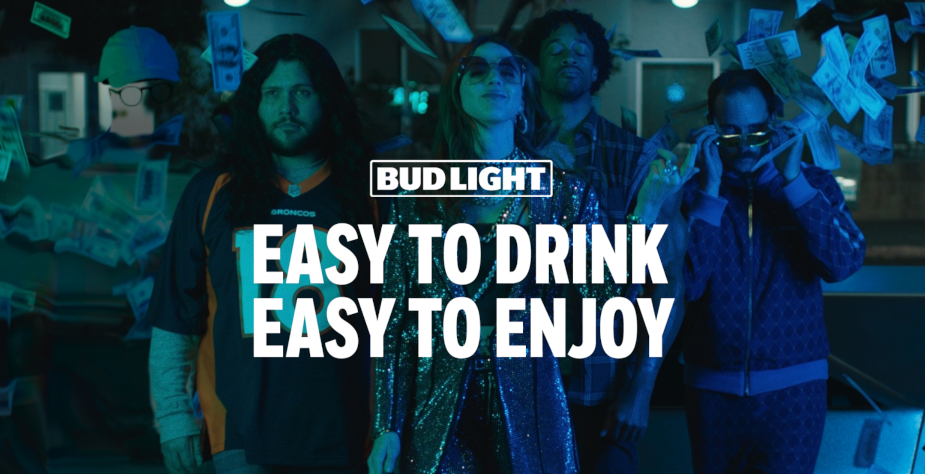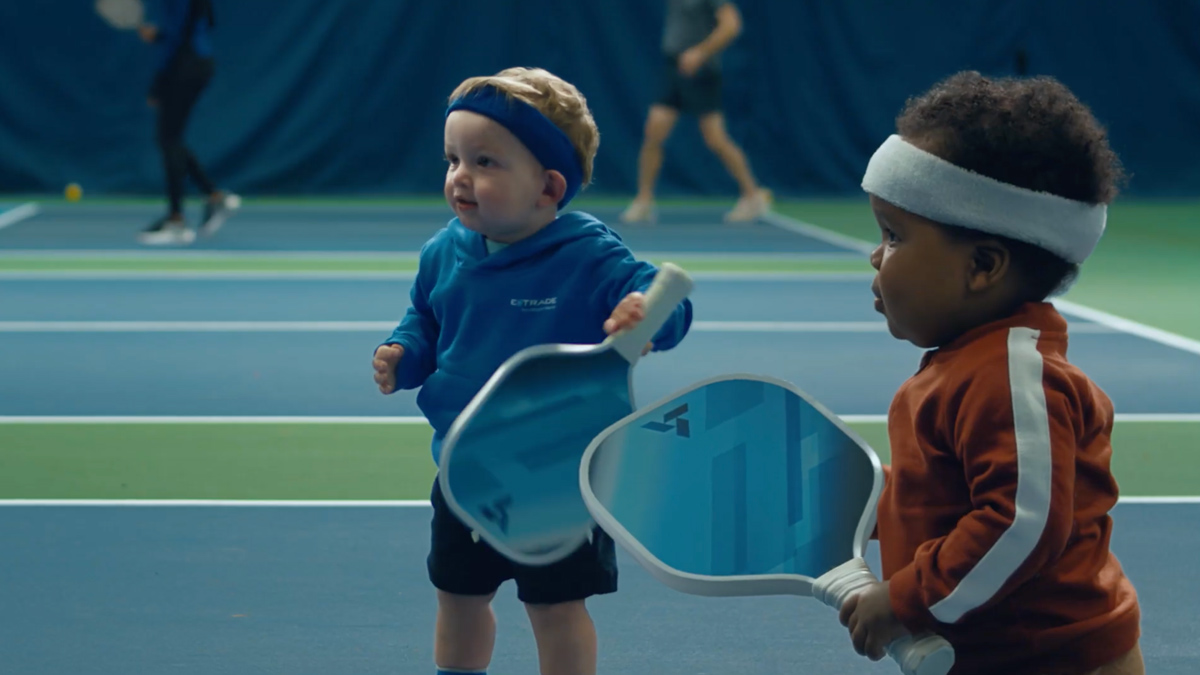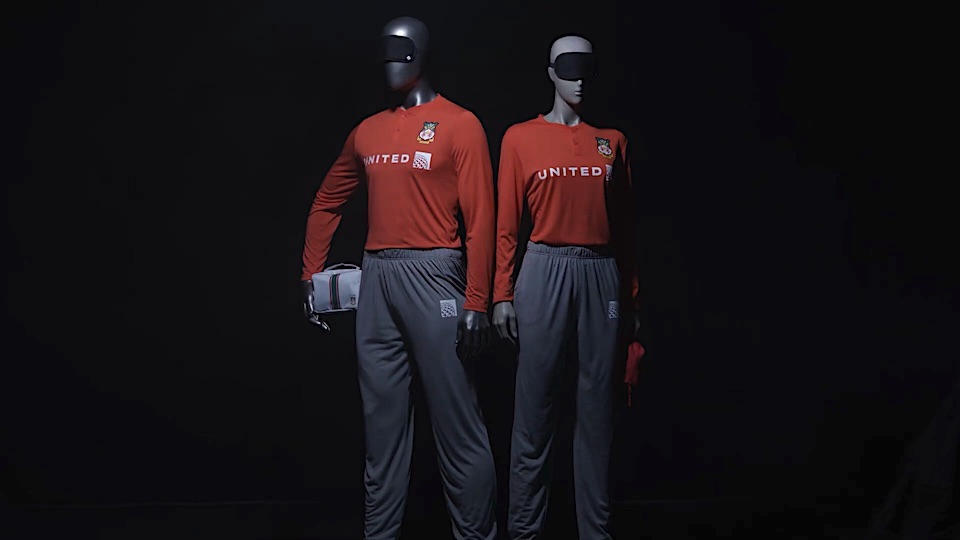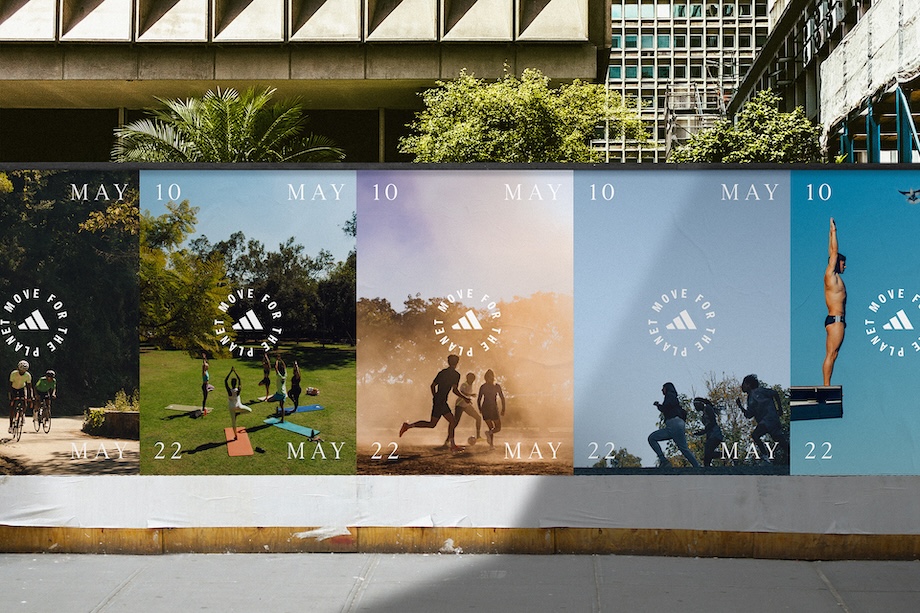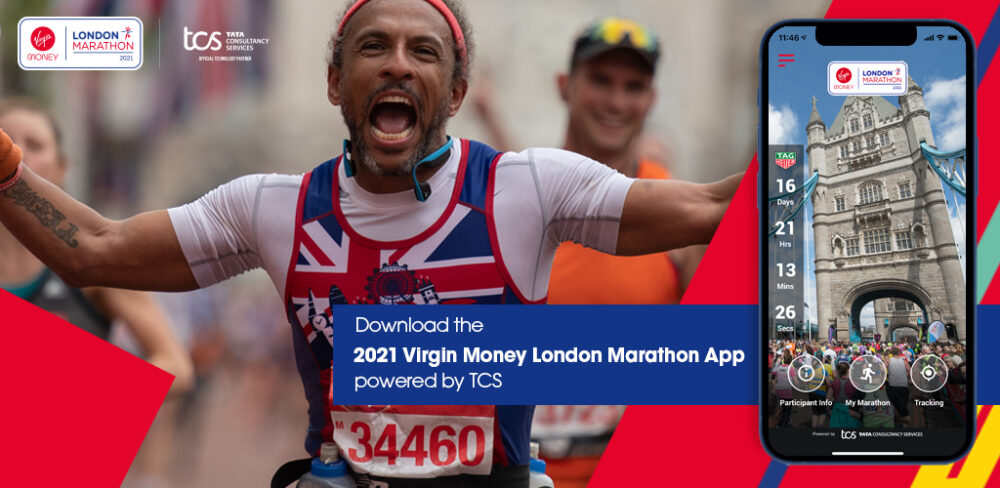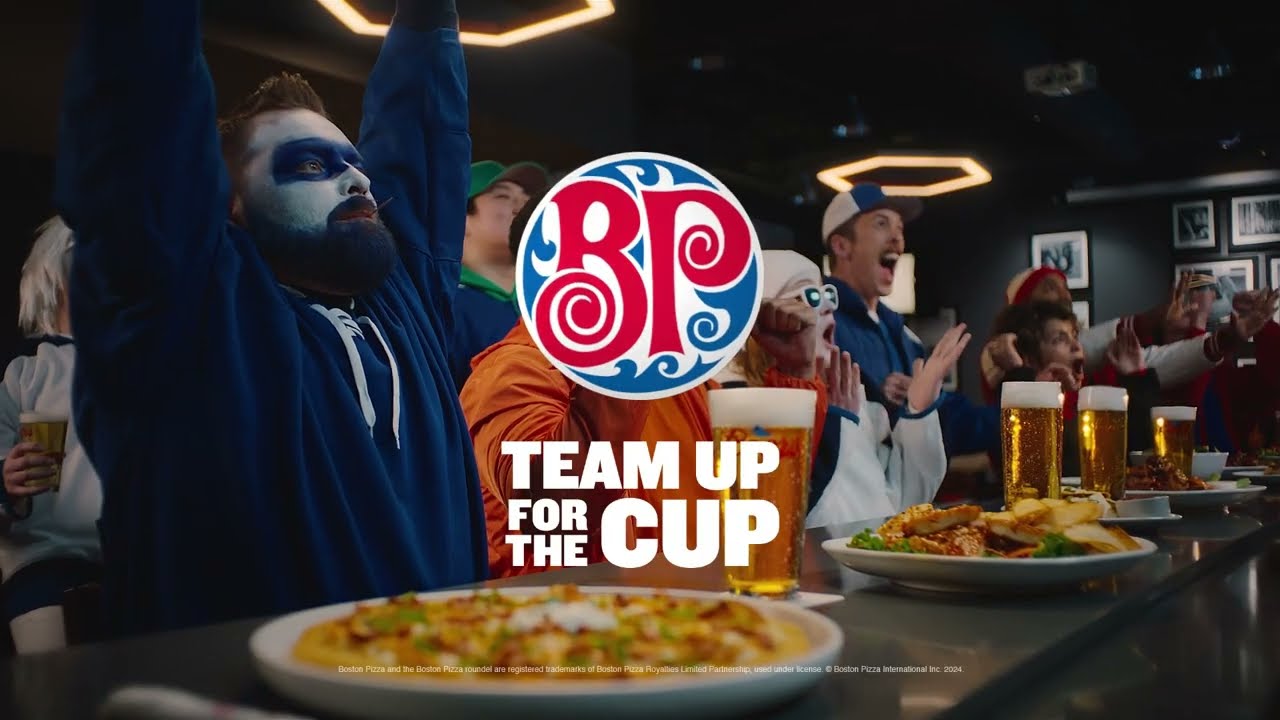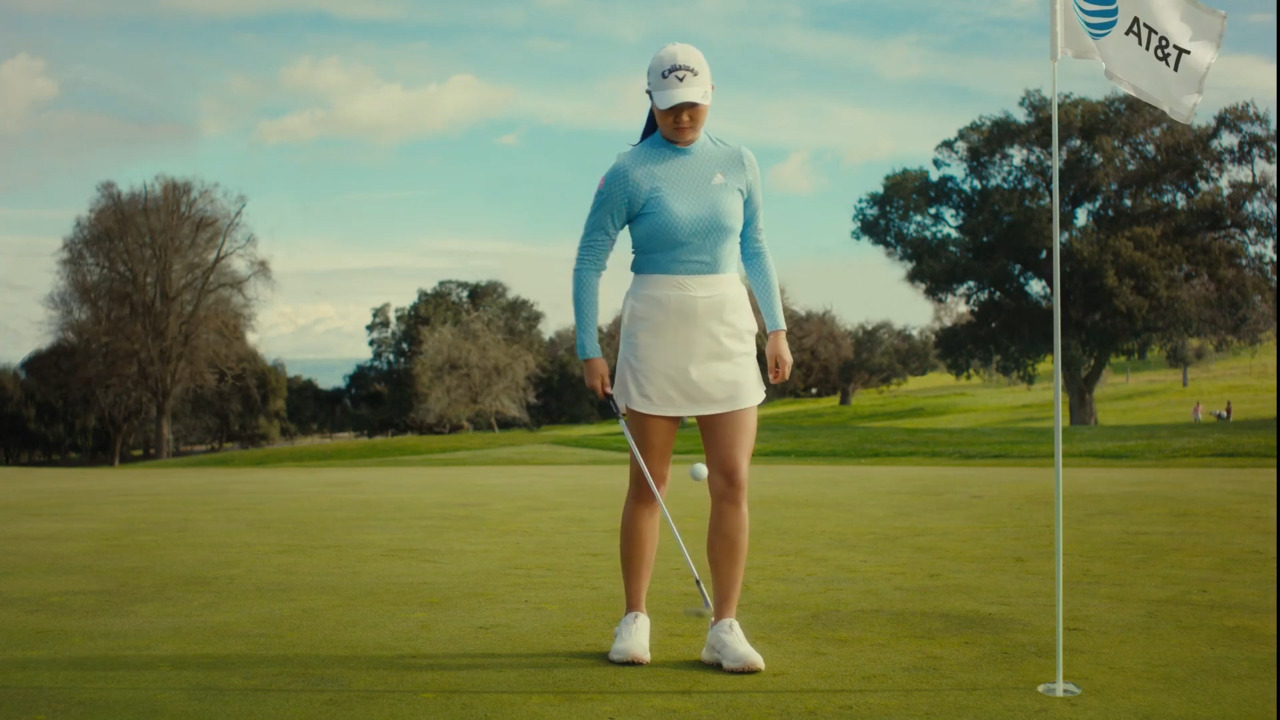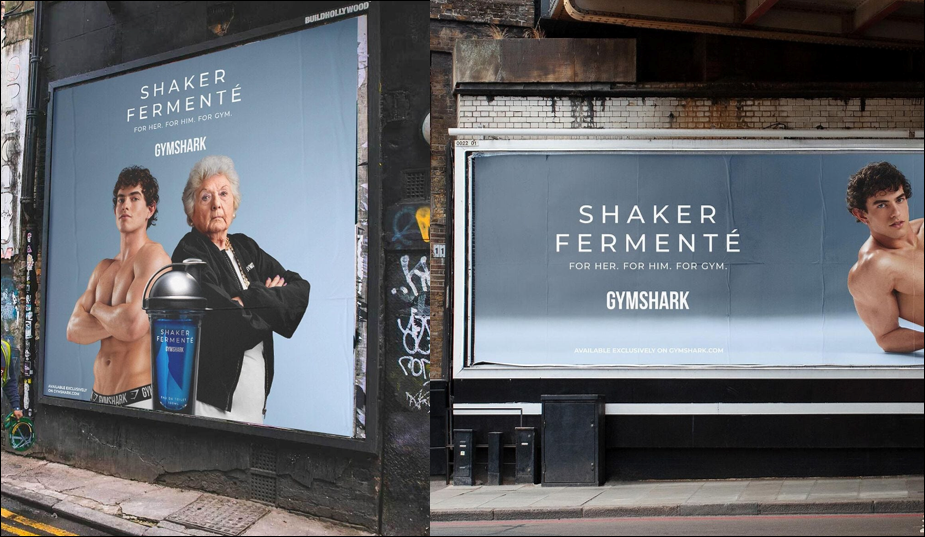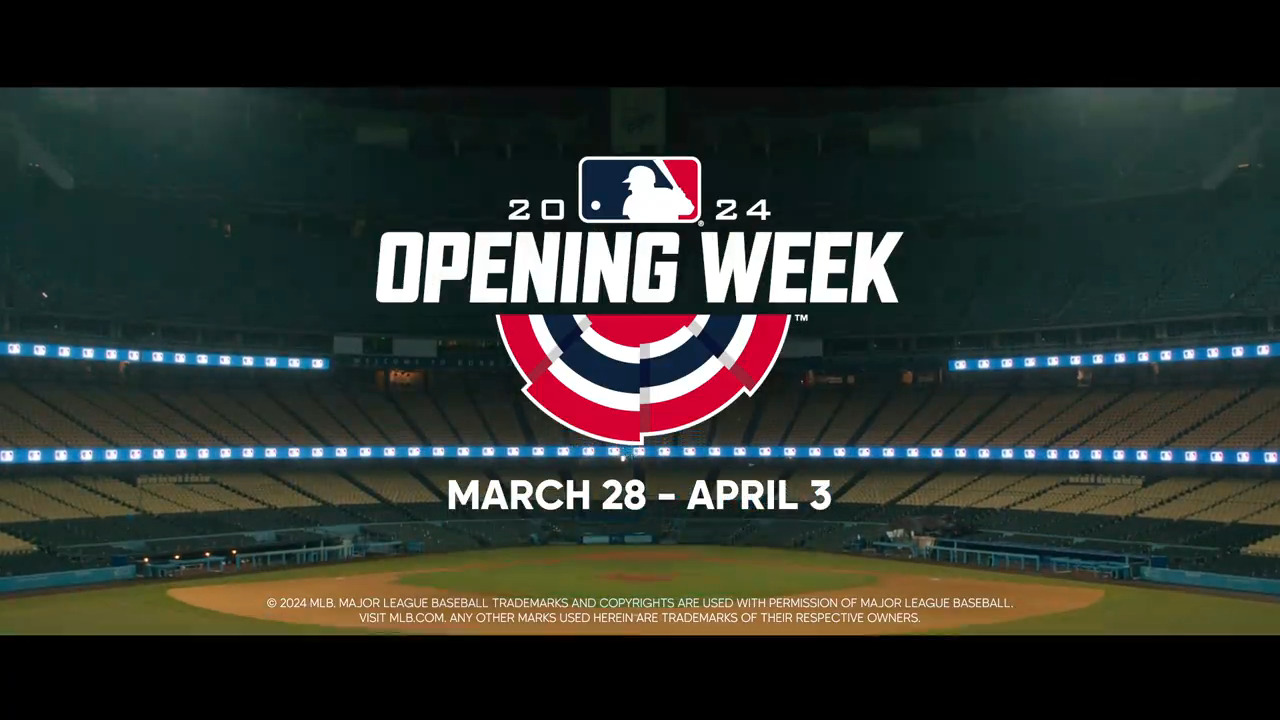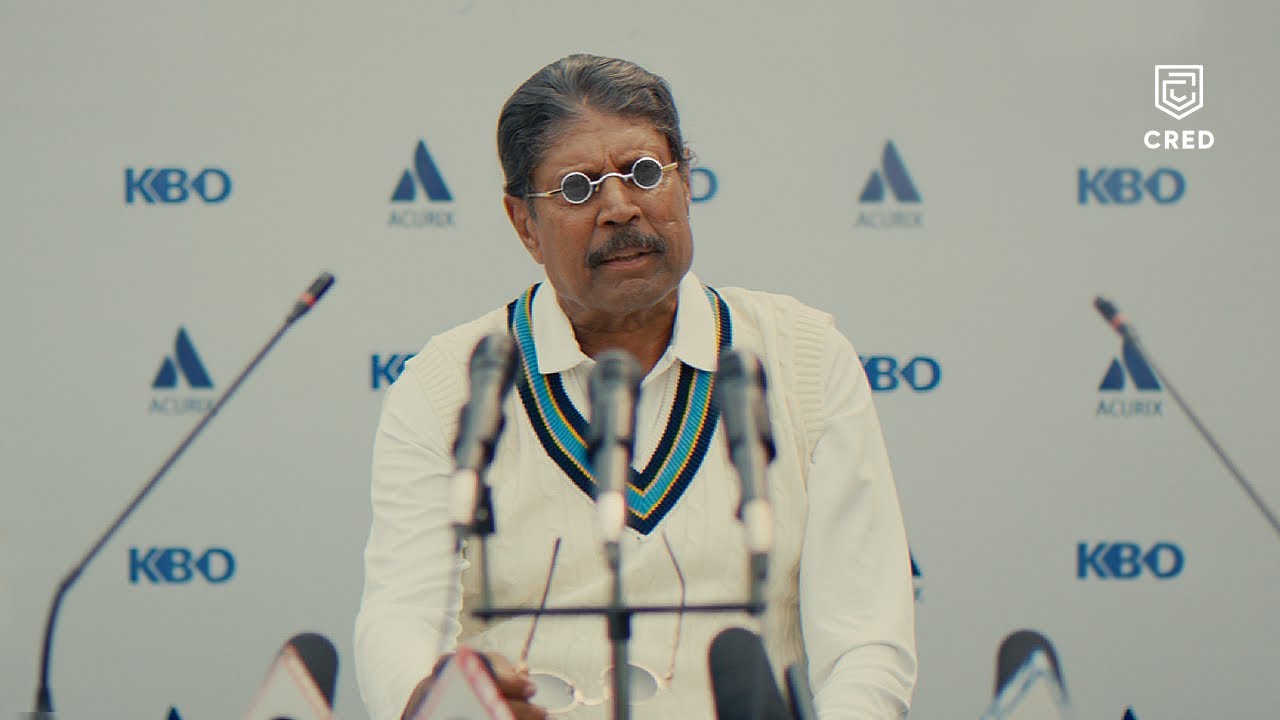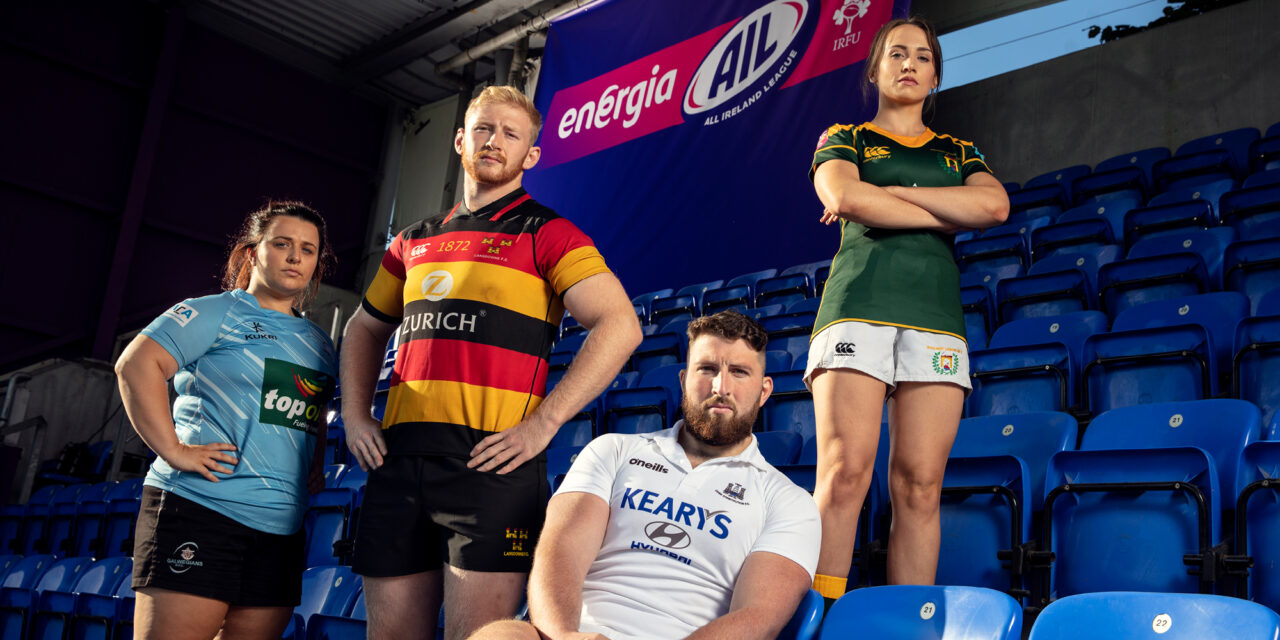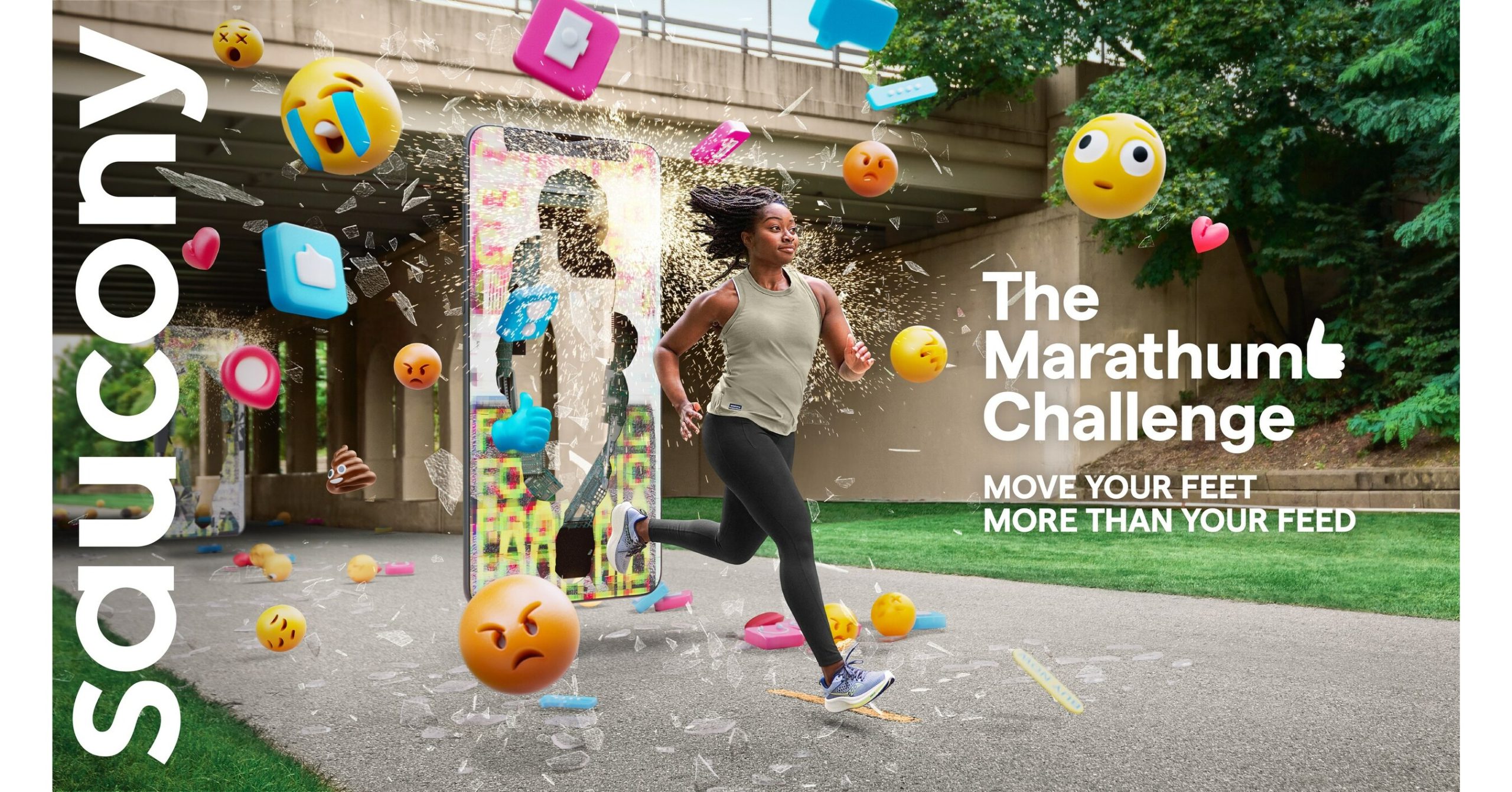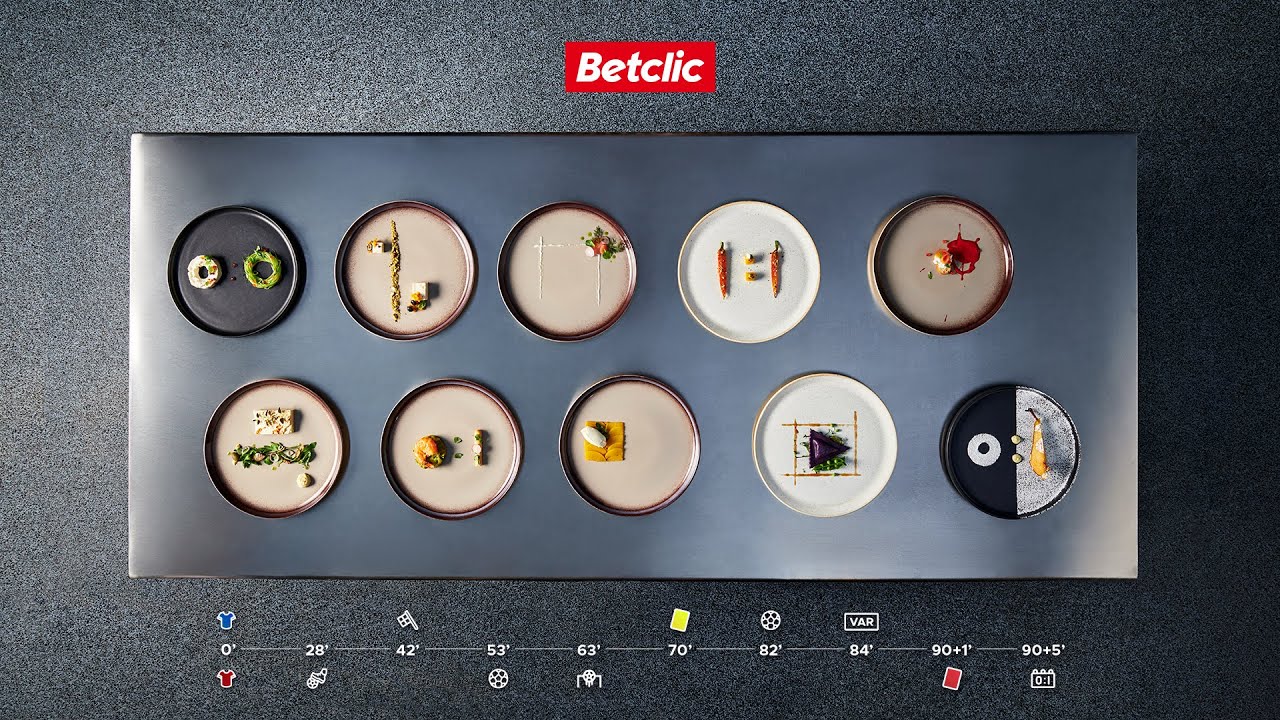Pepsi may be the official NFL soft drink sponsor, but rival Coca-Cola used the league’s showpiece Super Bowl to launch a campaign encouraging Twitter users to mark negative tweets with the brand-created #MakeItHappy hashtag triggering Coke to turn those words into cute art images using ASCII lettering code.
Led by a Super Bowl commercial and running across multiple platforms and channels, the campaign developed out of research showing that the majority of Coke drinkers strongly disapprove of the toxic, hate-filled tidal wave that has swept across social media.
Working with Wieden+Kennedy of Portland, the soft drinks behemoth designed #MakeItHappy not simply to sell more Coke, but to combat internet trolls by promoting one of the brand’s long-term core values – spreading happiness.
The 60-second flagship spot aired during the second quarter of the game.
It had been teased pre-game with three short spots – each fronted by a campaigning sports star or celebrity – NASCAR’s top female driver Danica Patrick,
Michael Sam (the first openly gay man to be drafted in the NFL),
and the child actor known as Kid President.
Plus additional teen video vignettes.
The campaign’s digital social engagement kicked into gear after the ads aired as Coca-Cola encouraged Twitter users to reply to negative tweets with the hashtag #MakeItHappy and then ‘witness positivity unfold as the original tweet is transformed into ASCII art, a cheerful bit of online artwork with visual happiness’.
#SuperBowl #Coke #gomakeithappy initiative http://t.co/sf65gZAEcd go make the internet happy! http://t.co/uVbmn9LJYR pic.twitter.com/w409v18gnK
— Ignacio comenge (@icomenge) February 2, 2015
Similarly Instagram users were encouraged to post a photo of themselves smiling while making a hashtag hand sign and including “#MakeItHappy” in the caption (selected images and messages were aggregated on GoMakeItHappy.com following the Super Bowl)
The campaign, which marked the ninth consecutive year Coca-Cola has advertised in the Siuper Bowl despite its major rival Pepsi holding official sponsorship status, was launched with an official Coca-Cola statement:
‘Many of us have seen or felt the effects of online negativity, and it’s a concern that only continues to grow within society. Advertising during the Big Game broadcast offers a huge opportunity to drive awareness around the topic and, more important, to encourage people to be more positive in their online actions.’
This marked the ninth consecutive year Coca-Cola has had an ad in the Super Bowl, all of them produced by Wieden+Kennedy. This ad was filmed in December in Los Angeles, Mexico City and Shanghai.
Comment
The #MakeItHappy message is certainly a positive one and then campaign is undoubtedly well-intentioned one – not to mention the strategy fitting neatly with the brand’s values, positioning and its heritage.
But the metaphor was a little flat and the mechanic was certainly flawed.
Indeed, it wasn’t long before Coca-Cola suspended its #MakeItHappy automated social campaign after a social prank from Gawker lured the soft drinks behemoth into inadvertently tweeting several lines from Adolf Hitler’s ‘Mein Kampf’.
But when super-blog Gawker noticed a Coca-Cola tweet turning the ‘Fourteen Words’ slogan of white nationalism into an ASCII dog.
‘Even when the text is shaped like a dog, it is disconcerting to see Coca-Cola urge its social media followers to safeguard the existence and reproduction of white racists,’ wrote Gawker editor Max Read.
So to reinforce its point, Gawker created a Twitter bot called @MeinCoke which tweeted passages from Mein Kampf at Coca-Cola to test whether the brand would turn lines from Hitler’s autobiographical manifesto into art.
Remember when @Gawker tricked @CocaCola into tweeting Mein Kampf, rather than paying its interns #FairPay pic.twitter.com/MHZZhCLbjX
— Hotario (@ListerTheFister) February 19, 2015
And it certainly did.
Photo: Your SOCIAL JUSTICE friends at gawker just harassed Coca-Cola. With a bot. That recites MEIN KAMPF…. http://t.co/QHXRr99hrf
— Unicorn Lord (@TheUnicornlord) February 5, 2015
The outcome of this stunt test was that Coca-Cola then hated its art-based social campaign.
Coca-Cola released the following statement:
‘The #MakeItHappy message is simple:
The Internet is what we make it, and we hoped to inspire people to make it a more positive place.
It’s unfortunate that Gawker is trying to turn this campaign into something that it isn’t.
Building a bot that attempts to spread hate through #MakeItHappy is a perfect example of the pervasive online negativity Coca-Cola wanted to address with this campaign.’
But perhaps the real learning here is that sponsors, ambushers and brands off all types should beware of campaigns featuring automatic tweets.
Automated social mechanics are almost certain to get hijacked in one form or another and resulting in some form of backlash.
Links
Coca-Cola ‘Go Make It Happy’ Website:
Coca-Cola ‘Go Make It Happy’ Twitter:
#GoMakeItHappy
Coca-Cola YouTube:
https://www.youtube.com/user/cocacola
Coca-Cola Facebook:
https://www.facebook.com/cocacolaGB
Coca-Cola Google+:
https://plus.google.com/+Coca-Cola/videos
Coca-Cola Website:

